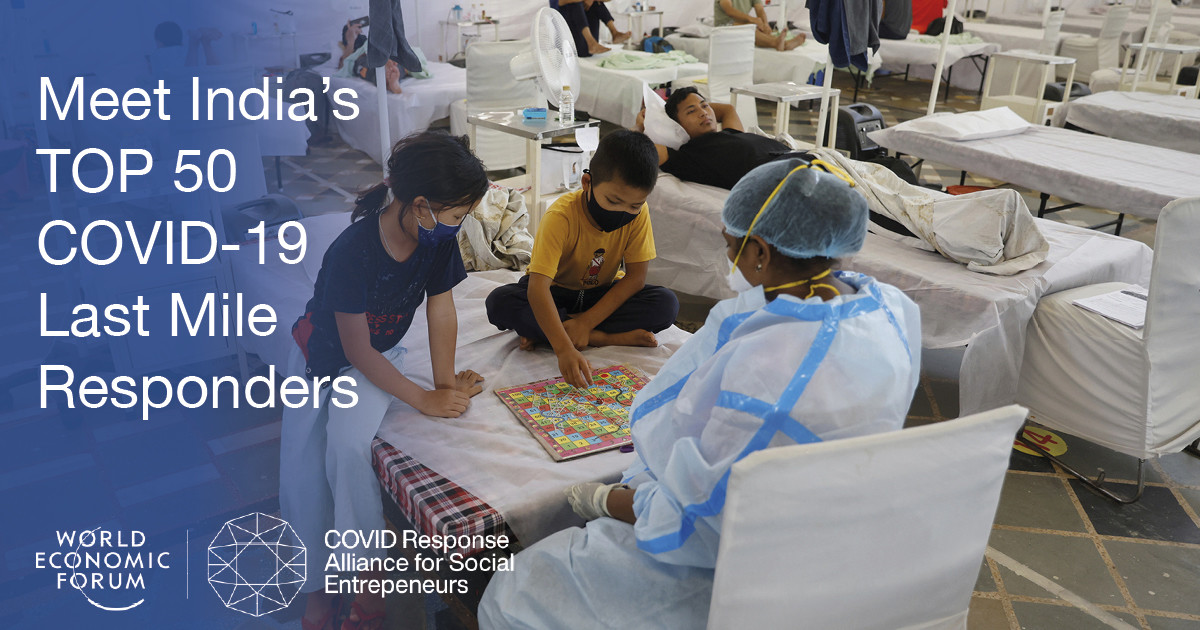COVID-19: What you need to know about the coronavirus pandemic on 15 September

Health leaders have called for an urgent acceleration of vaccination globally. Image: REUTERS/Heo Ran
- This daily round-up brings you a selection of the latest news and updates on the COVID-19 coronavirus pandemic, as well as tips and tools to help you stay informed and protected.
- Top stories: Urgent call to accelerate vaccination in Africa; Indian study finds drop in COVID-19 antibodies within four months of first dose; UK recommends booster shots for vulnerable and over 50s.
1. How COVID-19 is affecting the globe
Confirmed cases of COVID-19 have passed 225.82 million globally, according to Johns Hopkins University. The number of confirmed deaths stands at more than 4.64 million. More than 5.76 billion vaccination doses have been administered globally, according to Our World in Data.
The Biden administration has said that most federal employees must be fully vaccinated against COVID-19 no later than 22 November.
The COVID-19 outbreak in China's Fujian province has prompted cities in other parts of the country to issue travel warnings.
A nighttime curfew imposed on more than two million people in 12 Sydney suburbs will end on Wednesday night, authorities have said. Some 80% of New South Wales's - Sydney's home state - adult population have now had at least one dose of a COVID-19 vaccine.
The Dutch government has announced the easing of COVID-19 restrictions and the introduction of a 'corona' pass, showing proof of vaccination for bars, restaurants, clubs or cultural events.
Officials in the UK have recommended that COVID-19 boosters be given to all vulnerable people and those aged over 50 six months after their second dose.
Malaysia's tourist destinations are gearing up to welcome the return of fully vaccinated travellers as part of a domestic tourism bubble.
2. Urgent call to accelerate vaccination in Africa
A group of global health leaders, including World Health Organization Director-General Dr Tedros Adhanom Ghebreyesus and Gavi CEO Dr Seth Berkley, issued an urgent call for vaccine equity globally and in Africa in particular yesterday.
The leaders said that the pandemic will not end unless there is global cooperation on vaccine supply and access. Less than 3.5% of people in Africa are vaccinated against COVID-19.
“More than 5.7 billion doses have been administered globally, but only 2% of those have been administered in Africa," said Dr Tedros. “This doesn’t only hurt the people of Africa, it hurts all of us. The longer vaccine inequity persists, the more the virus will keep circulating and changing, the longer the social and economic disruption will continue, and the higher the chances that more variants will emerge that render vaccines less effective.”
3. Indian study finds drop in COVID-19 antibodies within four months of first dose
A study of 614 fully vaccinated health workers in India found a 'significant' drop in antibodies against COVID-19 within four months of the first shot.
Waning antibodies do not necessarily mean that immunised people lose their ability to counter the disease, as the body's memory cells may still kick in to offer substantial protection, said the director of a state-run institute that did the study.
"After six months, we should be able to tell you more clearly whether and when a booster would be needed," Sanghamitra Pati of the Regional Medical Research Centre, based in the eastern city of Bhubaneswar, told Reuters on Tuesday.
The study is yet to be peer-reviewed, but is one of the first done in the country involving its main two vaccines - Covishield, a licensed version of the AstraZeneca shot, and the domestically developed Covaxin.
India’s leading COVID-19 last-mile responders
Don't miss any update on this topic
Create a free account and access your personalized content collection with our latest publications and analyses.
License and Republishing
World Economic Forum articles may be republished in accordance with the Creative Commons Attribution-NonCommercial-NoDerivatives 4.0 International Public License, and in accordance with our Terms of Use.
The views expressed in this article are those of the author alone and not the World Economic Forum.
Stay up to date:
COVID-19
The Agenda Weekly
A weekly update of the most important issues driving the global agenda
You can unsubscribe at any time using the link in our emails. For more details, review our privacy policy.
More on Health and Healthcare SystemsSee all
Nitin Kapoor
November 22, 2024









